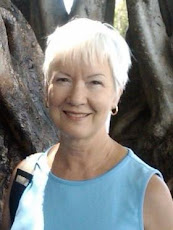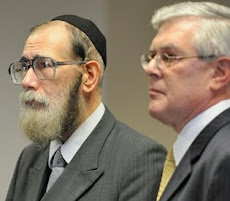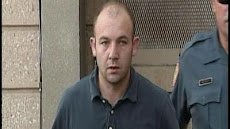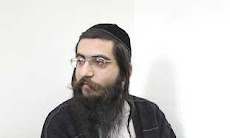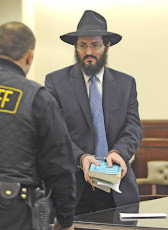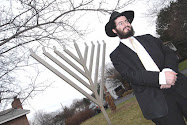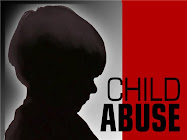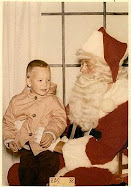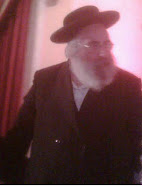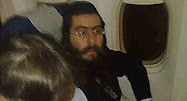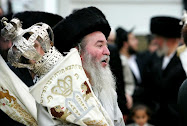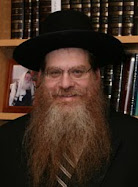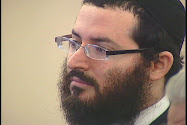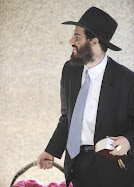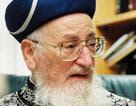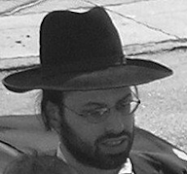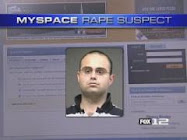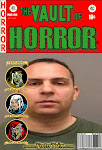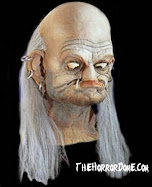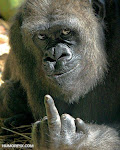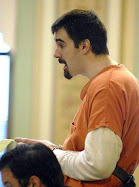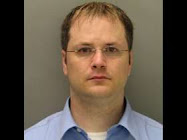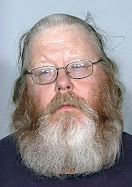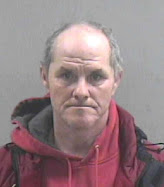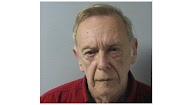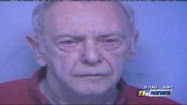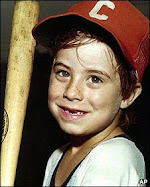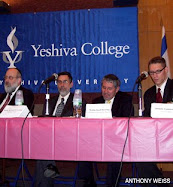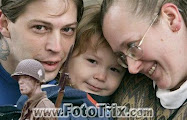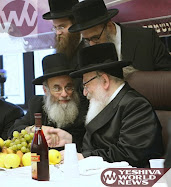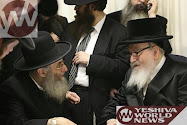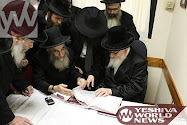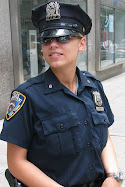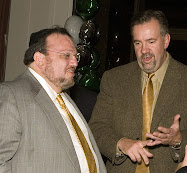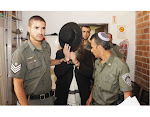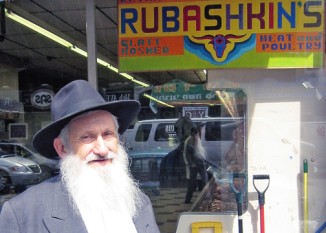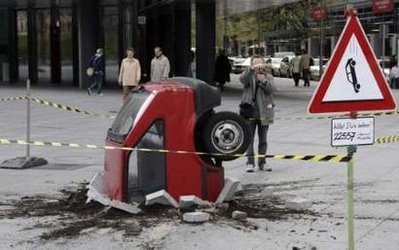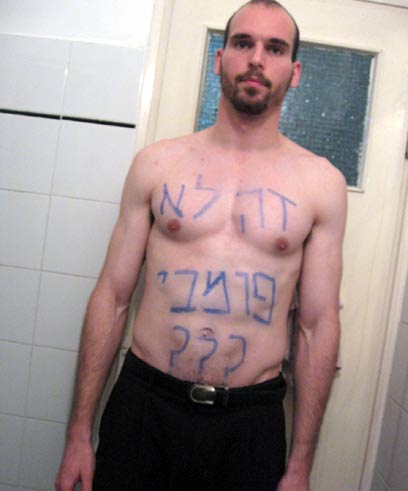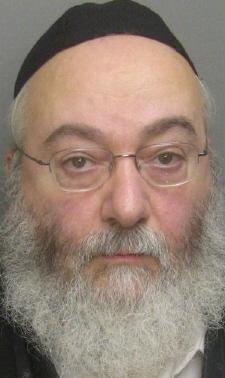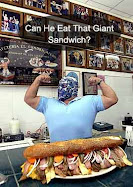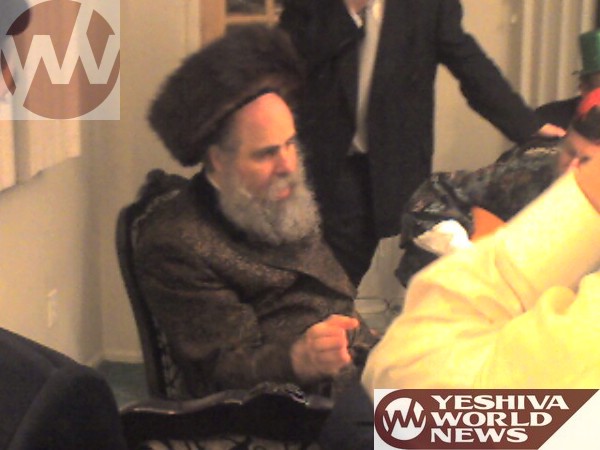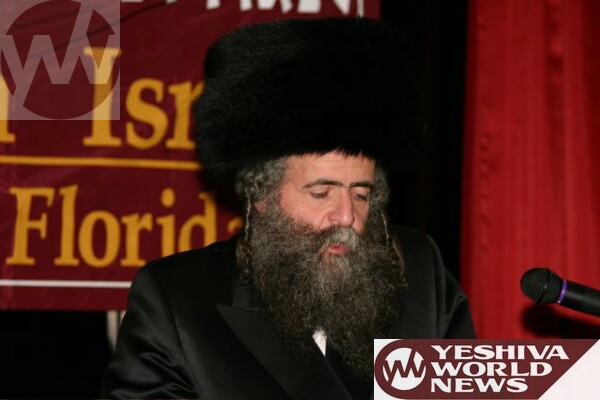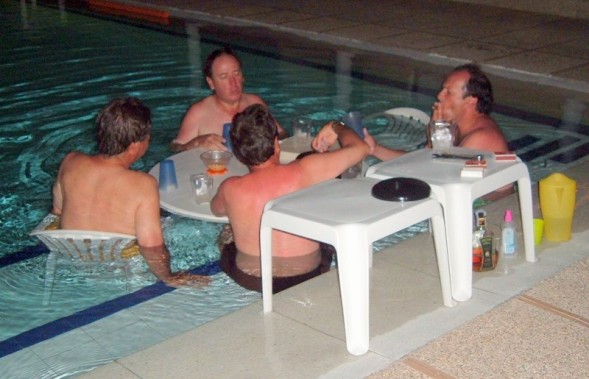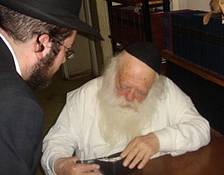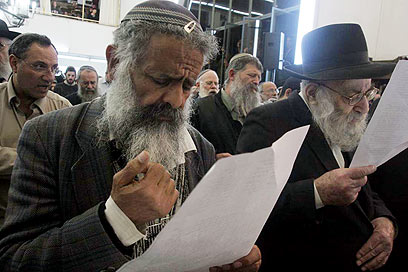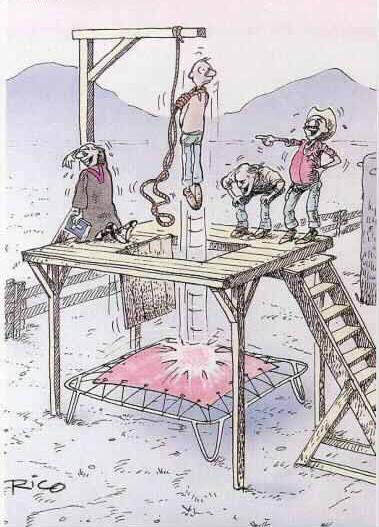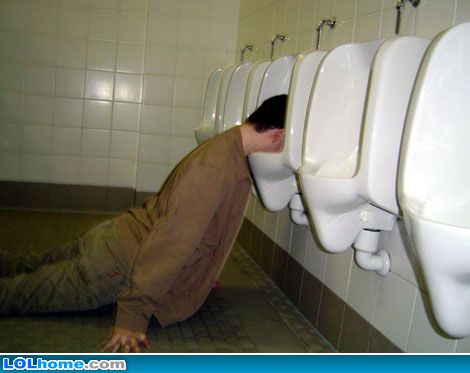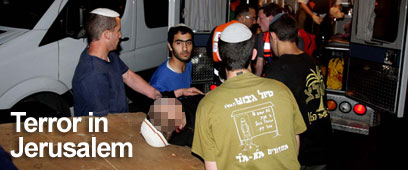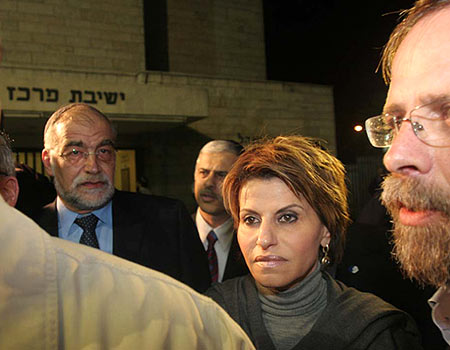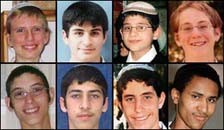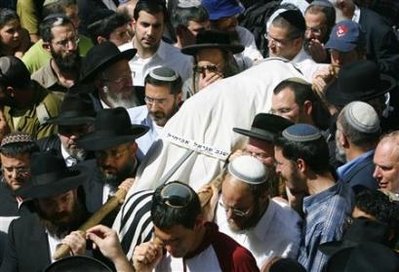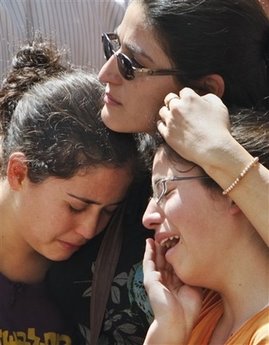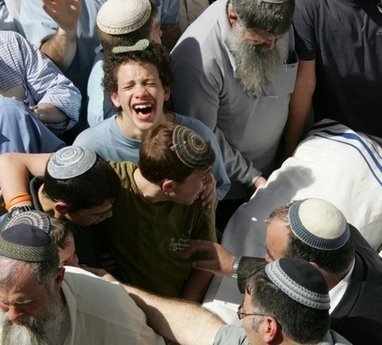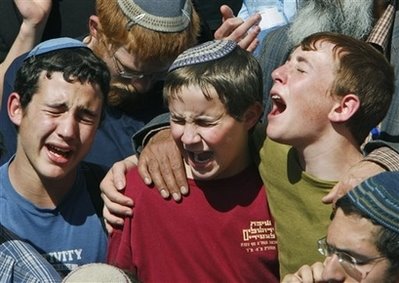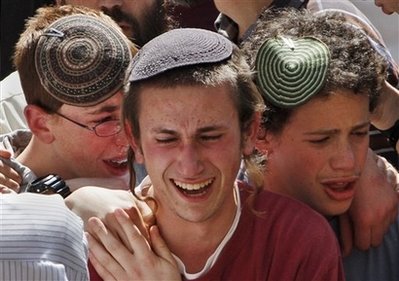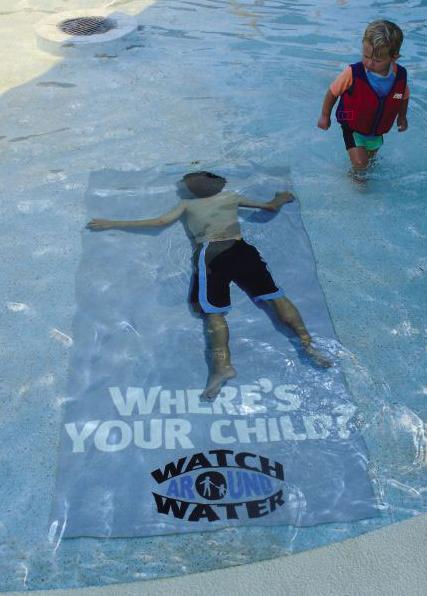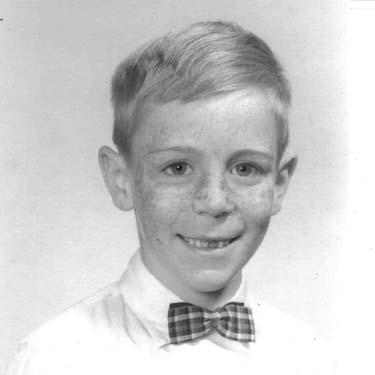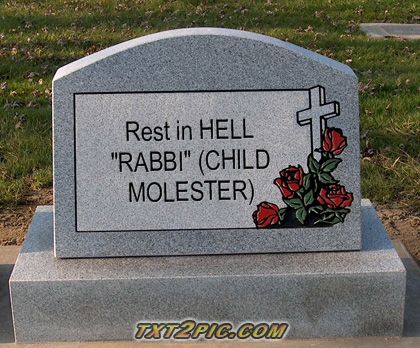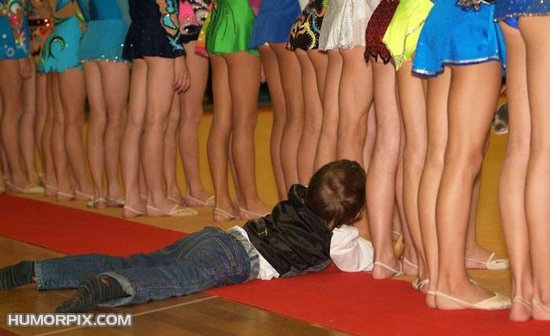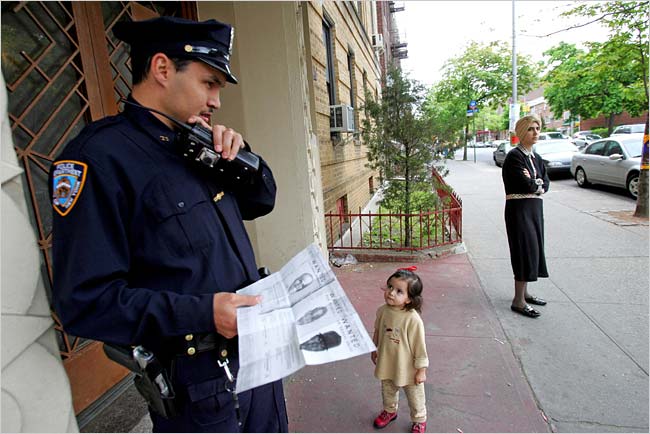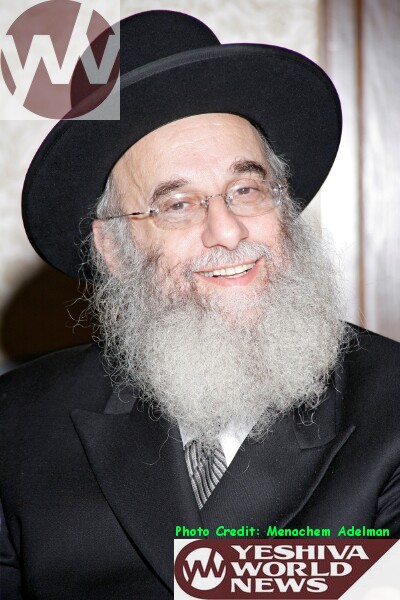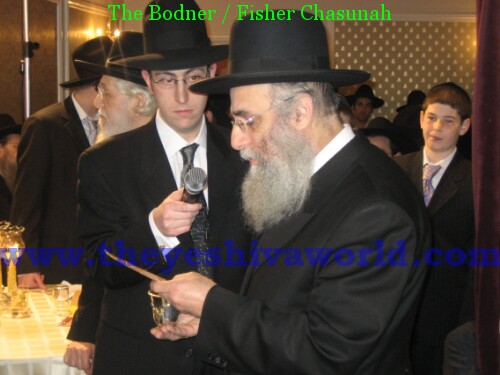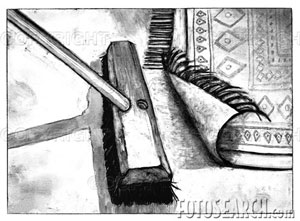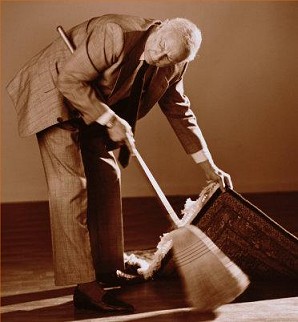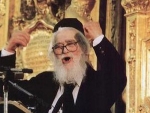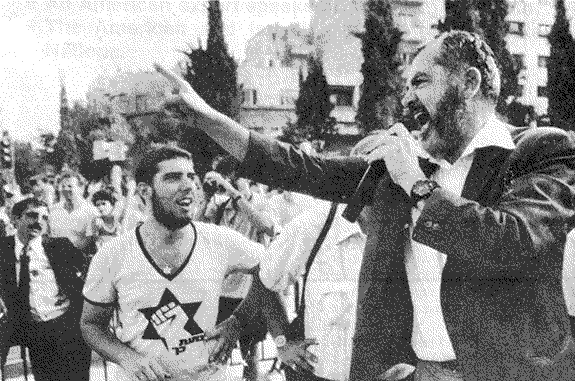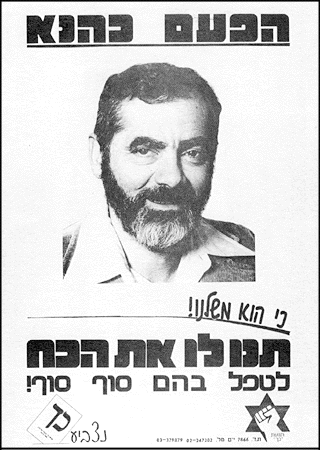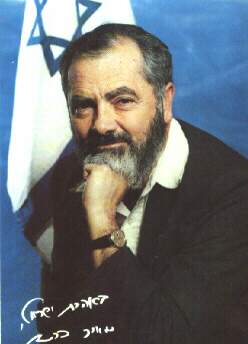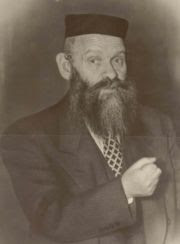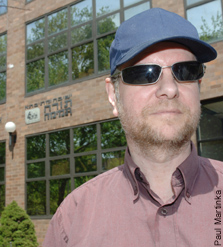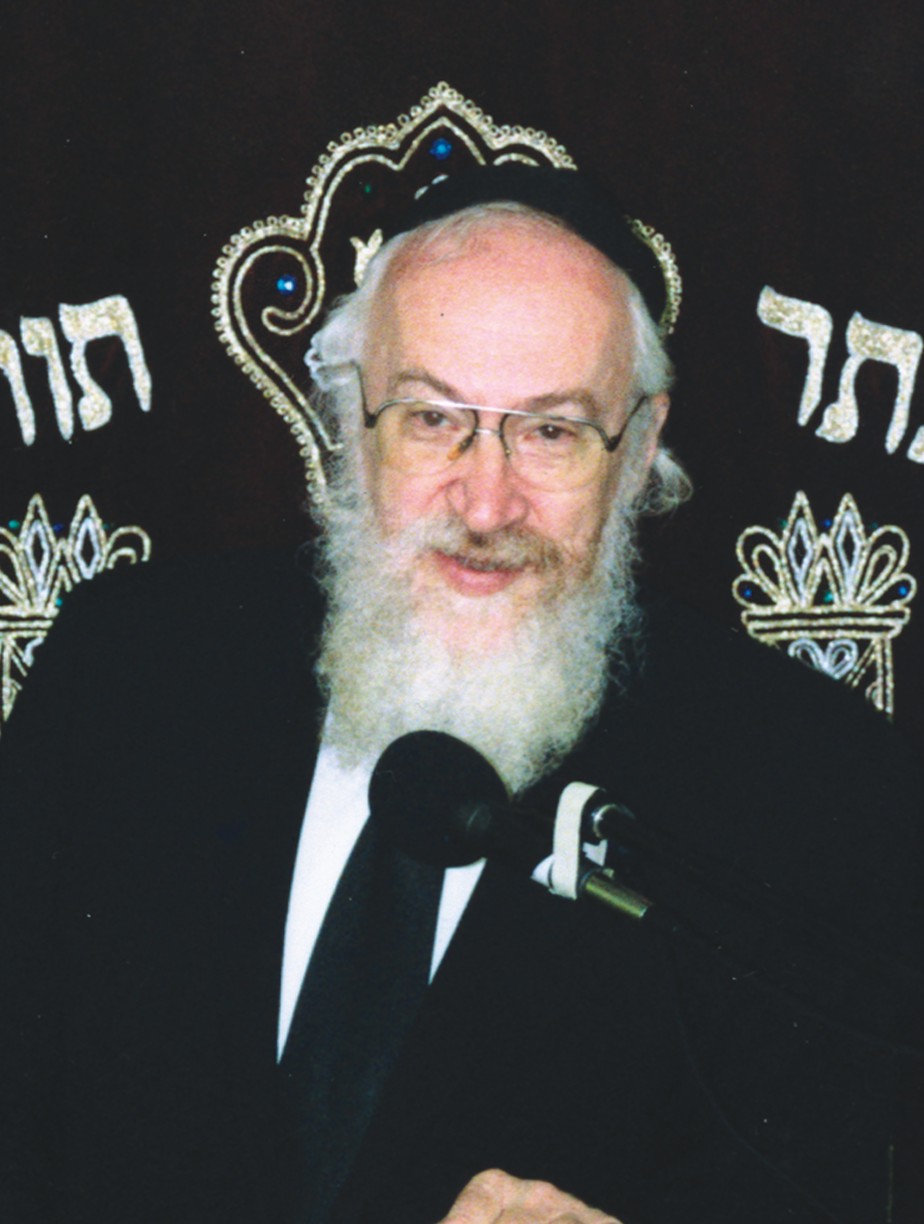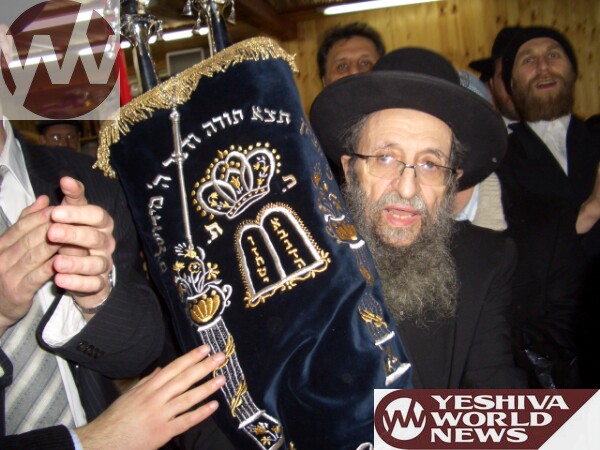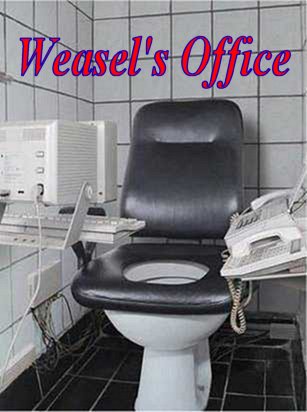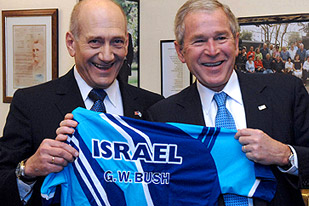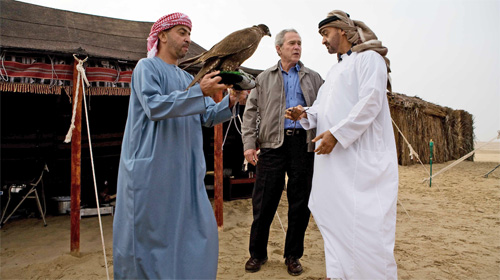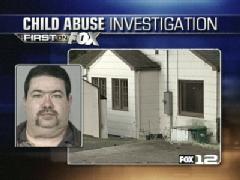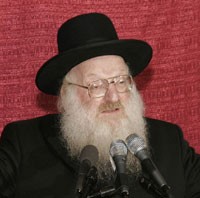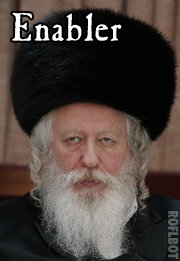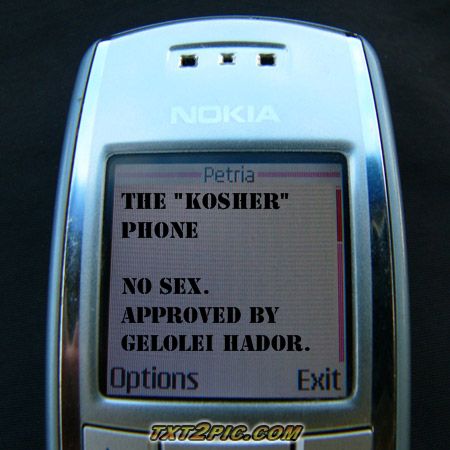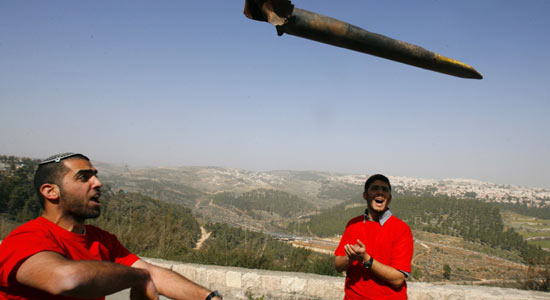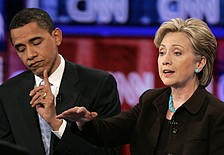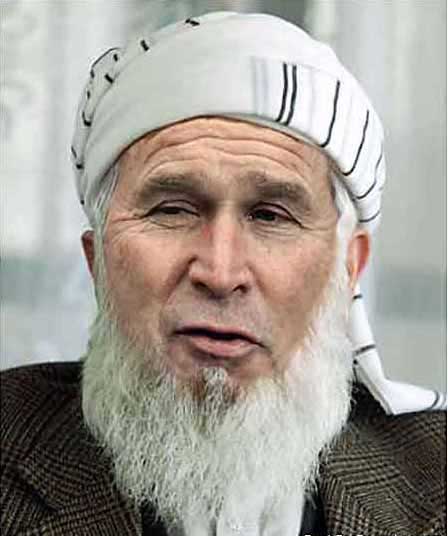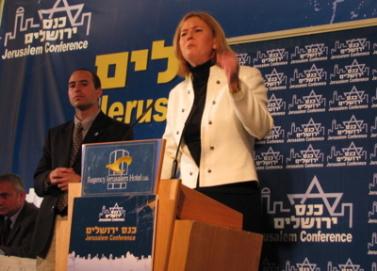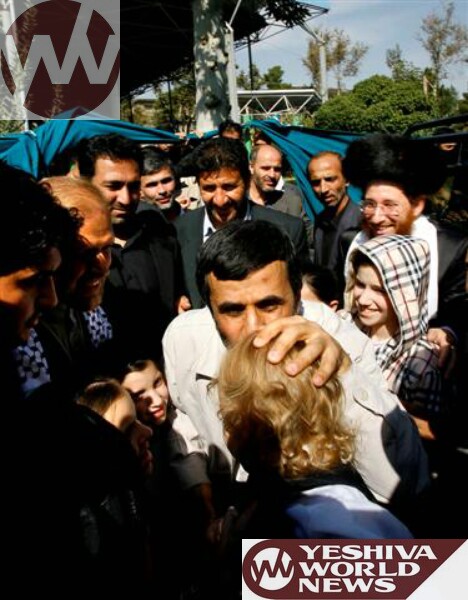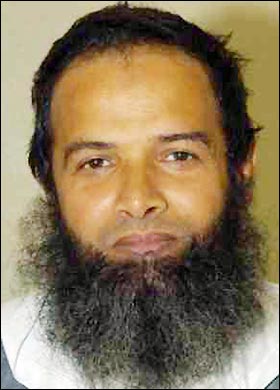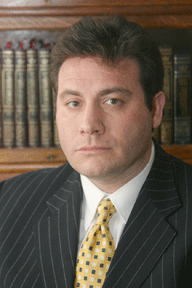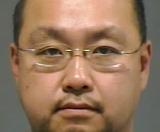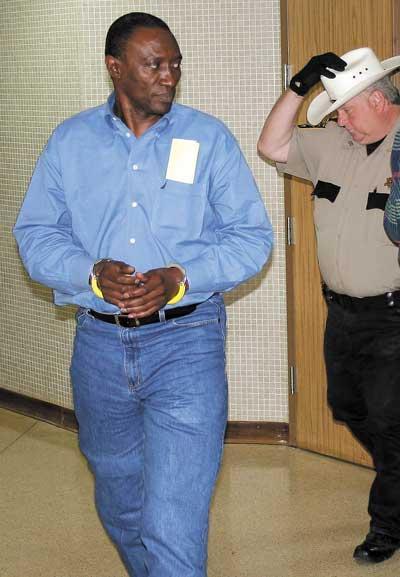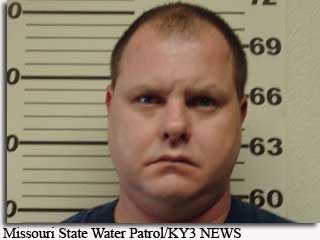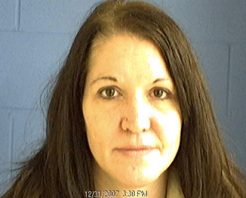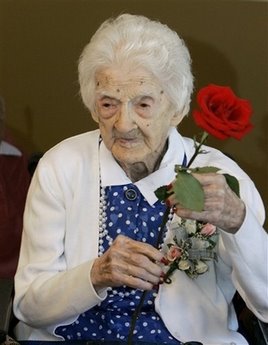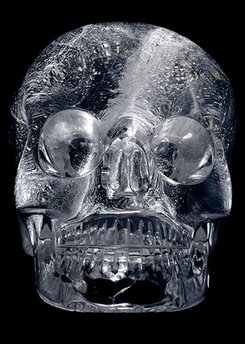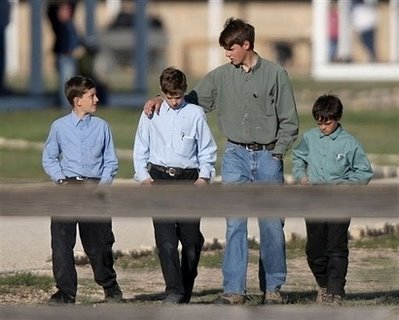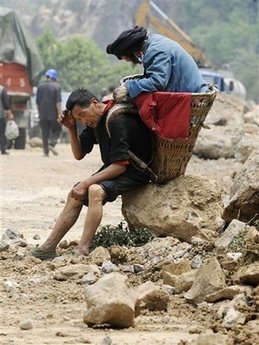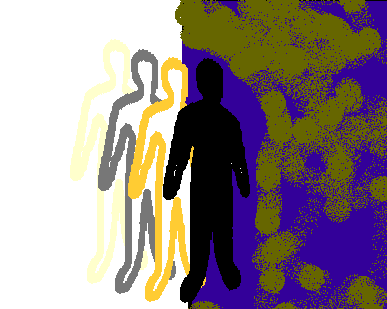 http://www.devorapublishing.com/Wpages/BookSpecific/Derech7408.htm
http://www.devorapublishing.com/Wpages/BookSpecific/Derech7408.htmOff the Derech is the phrase used within the Orthodox Jewish community to describe those who have left Jewish observance.
Using questionnaires, extensive interviews with psychologists and rabbis, and her Off The Derech website, the author reveals the multi-layered reasons for the defection of so many observant Jews from Judaism. At the same time, she presents solutions to this growing problem, thereby creating an invaluable handbook for parents, teachers and rabbis.
Each chapter of this well-researched book deals with a different element of the "Off the Derech" syndrome as it explains, in detail, how parents can reach children who have become alienated and disaffected from their culture and their people.
Sample chapters include:
- How Big is the Problem?
- Rejection
- Imposing Religion: Free Choice and Conditional Love
- Who are the Parents?
- Understanding and Dealing with Rebellion
- Implementing Observance: The Role of Community
- Narrow Definitions of Observance
- Those Who Return Again
“Sobering and required reading for anyone involved in any aspect of Jewish education — whether parent, teacher, rabbi, or citizen-representative of the Torah community. We are indebted to Faranak Margolese for studying so thoroughly a crisis too disturbing and painful for most of us even to consider.”
Lawrence Kelemen, Author of To Kindle a Soul: Ancient Wisdom for Modern Parents and Teachers
“This is a courageous and necessary book. If Orthodox life takes it seriously, it will change all of Jewish life for the better.”
Dennis Prager, Best selling author and nationally syndicated radio talk show host.
“Off the Derech is essential reading for every Jewish parent and educator concerned with the alienation of our young people. It is an invaluable source for understanding why observant Jewish youth leave the fold and a priceless tool for preventing them from doing so.”
Natan Lopez Cardozo, Dean of The David Cardozo Academy
A probing book about a sensitive and rarely discussed topic, why people leave religion. Faranak Margolese seems to have considered this problem from every angle, interviewed everyone, and offers answers that can affect the future of Jewish life.”
Joseph Telushkin, Author of Jewish Literacy, and The Book of Jewish Values.
=========================================================================
http://www.devorapublishing.com/Wpages/Reviews/RevDerech.htm
| Where Did It Go Wrong? One of the many stories quoted by Faranak Margolese in her book Off the Derech is about a man named David who grew up in an Orthodox home, but eventually abandoned observance. When pressed to describe his education, he recounts a day in second grade when his teacher played an alleged tape recording of gehennom, or hell. "Basically, they shut off the lights and there was music in the background and people were screaming things like 'oy vey, I am hanging from my tongue. If only I wouldn't have spoken loshon hara!'" For Margolese, this story - and others like it - illustrates one of the primary reasons Orthodox Jews go "off the derech" (literally, off the path): religion is experienced as fearful and oppressive instead of meaningful and joyous. Off the Derech cannot be easily classified in terms of traditional genres. Certainly, it has academic ambitions. It is a description of why observant Jews leave Judaism and a study of the reasons for these defections. Margolese conducted interviews and an on-line survey to collect data. But it's no surprise that Off the Derech is published by a Jewish publisher and not an academic one. On the book's cover, under an upturned kippa, is a second subheading: "How to Respond to the Challenge." For Margolese, the phenomenon of Jews leaving observance is fundamentally problematic. She calls it an "epidemic" and opines that "there is no greater challenge facing the Jewish world today." Ideological turns like this put Margolese's academic credentials - and conclusions - into question, as does the fact that she quotes rabbis and social workers for information better left to historians and sociologists. Yet no matter how unfortunate Margolese's academic standards are, Off the Derech is not only an insightful book, it is a courageous one. One of Margolese's most productive and revolutionary ideas is one that is not even stated explicitly. Off the Derech is, primarily, an examination of the failures of the Orthodox community. In trying to locate the communal sources of apostasy, Margolese implicitly acknowledges that a wayward son's departure from tradition is not necessarily exclusively his fault. Rather, in many instances, the Orthodox community does not facilitate conditions that make Orthodoxy attractive. In a discourse that is generally limited to the theological, Margolese stresses the sociological and the psychological. "When asked to identify one thing that caused them to move away from observance," writes Margolese, "44 percent pointed to observant people." A distant second was "Life Circumstances" at 27%. Only 2% said "God." While the truth or falsehood of theological claims play a role in people's religious decisions, Margolese suggests that those who leave Orthodoxy are much more likely to do so for emotional reasons. "When young people feel unhappy in life they are likely to feel unhappy in their observance." This is a profoundly modern idea. It posits happiness as an ideal and it recognizes that ideology is often socially constructed. One's experiences are more likely to positively or negatively affect observance than one's beliefs. In a similarly contemporary vein, Margolese stresses the need to emphasize meaning. The Orthodox community cannot take it for granted that their children know why they are Jewish. "Today we tend to focus on the microelements of Torah, the mitzvot and how to practice them. But we almost entirely neglect to transmit the purpose, the vision and context for the mitzvot we teach. We focus on how and what to observe, but not why." While Margolese believes that commandedness is and should be an important reason for being observant, she suggests that it is not enough. Jews should be educated about how an observant life is good for them as individuals, good for their communities and good for the world as a whole. The last point speaks to Margolese's critique of Orthodoxy's xenophobia. Sixty-five percent of those interviewed thought many or most people in their communities were racist. For Margolese, a meaningful Judaism must be one that accounts for the other 99.8% of the world. Margolese also argues for diversity within the Orthodox community. Difference is not only acceptable, it should be valued. Though this is in tune with contemporary multiculturalism, Margolese makes a religious argument for it. "Think of the world God created, so different and varied... Our communities are best served by being a microcosm of God's own world, by respecting diverse personalities and addressing their various needs." Yet Margolese's argument for the value of difference and a meaningful Judaism that doesn't solely rely on commandedness begs the question: Why is Orthodox observance the only derech? Indeed, Margolese herself demonstrates the difficulty of reconciling Orthodoxy and diversity. In charting the narrow definitions of observance, Margolese cites the case of author Chaim Potok, whose father disapproved of his artistic ambitions. "Whatever the case," Margolese writes, "today, Mr. Potok is a Conservative rabbi." In fact, Chaim Potok passed away a few years ago. Additionally, for the several decades prior, he was no "Mr." He held degrees that earned him the titles "Rabbi" and "Doctor." Off the Derech is a strange, but ultimately important book, which is already finding readers and followers. Yet the book forces us to ask: Will the logic of Orthodoxy always yield narrow choices and difficulty with the "other?" In other words, if in a book which touts compassion and the value of difference Rabbi Potok is still Mr. Potok, how far have we really come? For those off the derech, very possibly not far enough. Daniel Septimus |
| Baffled by her own experience as well as those of friends, Margolese explores the phenomenon of yeshiva-educated children from observant homes abandoning their tradition, or "going off the derech [path]". Interviews with formerly observant Jews, as well as rabbis, educators, therapists and program directors uncover the emotional and intellectual complexity behind the phenomenon. "Most observant Jews seem to have left, not because the outside world pulled them in, but rather because the observant one pushed them out," she concludes. "They experienced Judaism as a source of pain rather than joy." Margolese, who returned to a religious lifestyle, views her findings as a wake-up call to reshape the observant world so it remains inspiring and inviting. Though some of her observations hardly break psychological ground—healthy parent- and teacher-child relationships ground self-esteem, for instance—they can have startling results when placed in the context of the religious world. She advocates focusing on meaning instead of on rules, and placing a child's emotional needs above his Torah observance. Though Jewish readers may be most interested in Margolese's subject, her conclusion will resonate with those of all faiths: "God cannot be confined to the narrow path we walk...neither can his people." Religion in Review: Judaism |
| Finding Your Own Way On The Religious Path A new book seeks to help Orthodox parents and educators to return wayward children to the path of strict religious observance. Faranak Margolese, the author of Off the Derech: Why Observant Jews Leave Judaism, How to Respond to the Challenge, says that after six years of research she has figured out how to respond to the growing phenomenon in religious communities worldwide. Margolese says it is the religious communities themselves that are to blame. "The number of people leaving Orthodoxy continues to increase," she says, "and there's a misconception that people are running to the outside world. But really, they're running away from their world and their communities." Off the Derech is targeted at an observant audience, with Yiddish phrases and terms such as frum (observant) or Yiddishkeit (Jewishness), though a glossary is provided. "I wanted to give parents, educators and community leaders something to help explain this trend," said Margolese, 33, who immigrated to Israel two years ago. "Orthodox parents feel that it is a great failure if their kids don't follow in their path." Margolese says it was as a single woman in Manhattan that she realized that most of her friends "used to be" observant and knew others who had left strict Orthodoxy. She expanded her research to rabbis, psychologists and community leaders and commissioned a survey of about 600 people who left their Orthodox way of life. Margolese grew up in Los Angeles to Persian immigrants in a traditional Sephardi home that celebrated Shabbat but also watched television on Friday night. She fully entered the Orthodox world, she says, when she met her husband. "People who leave Orthodoxy do so more because of negative experience in the Orthodox world than because of their beliefs," Margolese has concluded. "The problem is that there are rigid visions of what the next generation should look like," she says. "Modern Orthodox parents want their children to be modern Orthodox and Hasidic parents want their children to be Hasidic. There isn't really much flexibility." Margolese quotes many formerly observant people as calling the religious way of life "hypocritical," "closed-minded" and "intolerant". "If Orthodox Judaism was lived the way it was supposed to be lived, we wouldn't see these high numbers in our community," she says. "The best way to prevent people from leaving is to really live Jewish ideals the way they are supposed to be lived." "Instead of looking outside and saying it's TV, internet or the secular world, we need to look inside, at our own communities, schools, and families to make sure that we've created a positive feeling that keeps our children inspired," she says. While the book's title suggests that there is a single right path, Margolese insists it is not judgmental. "There's nothing wrong with leaving Orthodoxy," she insists. "People obviously need to make judgments about how to lead their life. It is natural to withdraw from something that is painful or uncomfortable in your life. But I think that it's unfortunate for the Jewish people." Off the Derech has received positive reviews from several high-profile rabbis, including Hershel Schachter of New York's Yeshiva University and Zev Leff, a leading ultra-Orthodox figure in Israel's English-speaking community. Margolese says the religious community has begun to face the phenomenon, despite what she calls the "shame" felt by many families whose children have "strayed." "Communities are responding, there are far more materials available than before and more organizations are dealing with the problem." She admits, however, to "resistance" from certain rabbis who asked not to be associated with the book after they were interviewed for it. Margolese declines to provide names. "There were religious figures who objected to [my suggestion] of giving children religious leeway," she said. "I argued that parents and educators need to address emotional needs before religious needs." In searching for publishers, in fact, she had to look past traditional houses such as Artscroll or Feldheim. Without the support of rabbinic leaders, she said, the subject matter was deemed too controversial. She settled on Devora Publishing, a small house with offices in New York and Jerusalem. "The religious community is thirsty for this kind of information," Margolese added. "This is one of the major issues in the Orthodox world and people want answers." Daphna Berman |
Author Explores Reasons For Lapses In Jewish Observance
Faranak Margolese has always considered herself fairly tolerant and open-minded, but the importance of those qualities was driven home to her unexpectedly when she was researching her new book, Off the Derech: Why Observant Jews Leave Judaism.
The 33-year-old author – who lives in Jerusalem with her husband David, a native of Vancouver, and their four-month-old daughter – initially thought that people made religious choices based on their beliefs.
“That is not the case,” she said in a phone interview from her home last week.
The most prevalent cause of lapses in Jewish observance – which she measured by commitment to keeping Shabbat and kashrut – were negative feelings about Yiddishkeit, she wrote. “Negative relationships with the practitioners of Judaism tend to create negative feelings toward Judaism that compromise observance.”
After surveying more than 500 people and accumulating more than 1,000 pages of interviews, she had acquired many stories about negative experiences involving judgmentalism or disappointing behaviour on the part of family members, teachers and rabbis to back her conclusions.
Her information-dense yet very readable book – whose title uses the Hebrew word “derech” to refer to the “path” of observance – is already in its second printing following its release in November by Devora Publishing. The author is scheduled to speak at Toronto’s Shaarei Shomayim Congregation in June.
Her idea for the project grew out of the realization when she was dating her husband that most of her friends were formerly observant Jews. She wrote that although there have been no formal studies on the phenomenon, many people feel it has reached “epidemic proportions.”
Margolese, a graduate of Stern College and Columbia University – where she received a master of fine arts degree in non-fiction creative writing – was also intrigued by Orthodox Jews who are outwardly observant but feeling disconnected.
Recently, she was at a local caf'e and noticed an American seminary student – modestly dressed with sleeves covering her elbows – who was checking messages on her cellphone as she recited by rote the five-minute prayer that follows meals.
“I think that was one of the most striking things I’ve ever seen,” said Margolese. “When you see somebody who outwardly looks the way she looks, you expect the inner experience of their Judaism to reflect that reality. She’s saying the words, but there’s no concentration on it.”
When the inner connection goes, Margolese said, “it’s not that long until the ritual follows – maybe not for her, but [possibly] for her children.”
One of her interview subjects said that she tells her children that they have to pray, but nobody likes it, Margolese recalled. “There were many statements like that. They are very troubling.”
Although Off the Derech addresses issues within the Orthodox world, with which she is the most familiar, Margolese believes her findings are applicable to the greater Jewish community.
“No matter who you are,” she said, “it’s important to let your kids ask questions, and it’s important to answer those questions.
“All the principles are relevant, [although] the way those principles are expressed might be different. For the Conservative or Reform Jew who rejects their child over religious issues, I think there would be the same sort of repercussions.”
The subject is one that Margolese is passionate about, and she is donating her book royalties to charity.
The product of a traditional Sephardi home in Los Angeles, Margolese is the great-granddaughter of the former chief rabbi of Tehran. Interestingly, neither her father nor any of his five siblings remained strictly halachically observant.
However, Margolese and two of her three siblings as well as a number of their more than 30 cousins have become observant. “I think my father did have some of the [negative] experiences, and I suspect his siblings did as well,” she said.
Margolese grew up with warm, positive feelings about Judaism absorbed from her parents and the Orthodox day school she attended. She became halachically observant at a women’s yeshiva she attended in Israel after high school, but was disillusioned after she was faced with severe judgmentalism by teachers over incidents she describes in the book.
“If we [all] lived Judaism the way it’s supposed to be lived, we would be living a very inspiring Judaism and we wouldn’t see as many people leaving the path as we do now,” she said.
Frances KraftThe Canadian Jewish News
March 2, 2006
===================================================================
http://www.israelnationalnews.com/News/News.aspx/130931Dangerous Jewish Youth in Bnei Brak
Bnei Brak vandals slashed tires on nearly 30 cars, torched a synagogue and burned a woodwork shop between Friday and Saturday night. The Bnei Brak residents agreed to talk with Israel National News TV on condition that their identities be concealed.
Email readers: Click here to view this shocking video.
“Some of the local kids who were probably kicked out of their homes gathered here and decided to spend the night in the synagogue," one person said. "They tore down the Torah ark covering to sleep under it, and they took all the prayer shawls in the synagogue to use as sheets. A fire broke out when they burnt prayer books, and the whole wall was set aflame. This is pure vandalism.”
One yeshiva student spoke of his personal experience about how dangerous Bnei Brak can be late at night. “Two punks came over, and they were holding a glass bottle. They shattered it on my neck. With what was left after the bottle was broken, they tried to stab me. I was rushed bleeding to the hospital where pieces of glass were extracted and I was told that it almost reached my main artery. Two weeks later my uncle who is a great rabbi here walked through the streets, and two punks came over and started pulling his beard and hitting him."
Jews sometimes suffer assaults and harassment by Arabs or groups of immigrants defining themselves as neo-Nazis in other Israeli cities, but Bnei Brak is dealing with a homegrown menace. "They come from good families who live here in the area, they leave the way of their families and they allow themselves anything," one person said.
"They have no day or night, they have no boundaries and we don’t see the police doing anything. When we call the police and complain about the harassment, we notice they don’t come at all or they come with the siren and blazing lights and that’s enough for them to run away and come back the next time.”
'What Has Created Such Acts of Terror?'
Forensic psychosocial investigator Dr. Simone Gordon told Israel National News that the recent outbreak of violence in Bnei Brak raises some especially disturbing questions.
"To the extent that shuls have been vandalized and rabbis victimized, to what extent is this an re-enactment of trauma and a need to feel empowered?," she said. "To what extent is this due to drugs? To what extent is this a message to the community that 'we feel rejected by you, and are now going to reject and terrorize you?'"
Gordon, who leads workshops on the issue and commutes between New York and Jerusalem to consult on legal cases, commented that the choice of the youths to defile their "spiritual home" was a symbolic acting out of their anger and agression towards their parents and their cultural heritage.
"One can only ask 'what has created such acts of terror,' -- what is the traumatic re-enactment here and how is it being addressed?" she said.






































